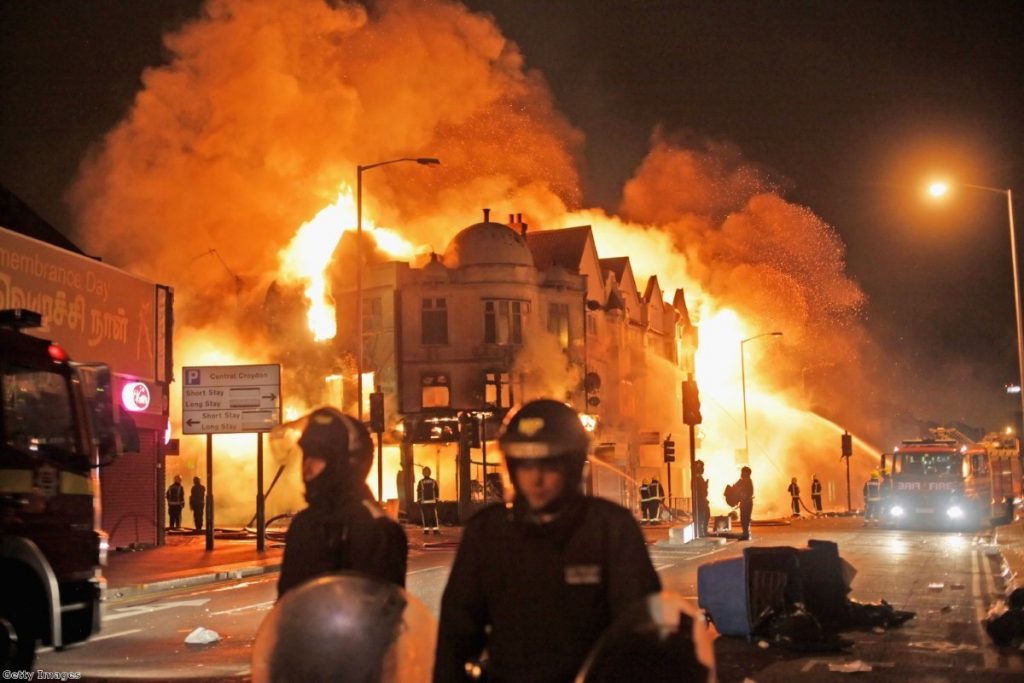Riots panel make-up decided
By Phil ScullionFollow @PhilScullion
Nick Clegg has announced the make-up of the panel tasked with discovering the cause of the riots earlier this month.
The deputy prime minister has also set a deadline for early findings of November and asked for a final report by March next year.
Darra Singh, Job Centre Plus chief executive and formerly chief executive of Ealing and Luton councils, will chair the panel.


He will be joined by Simon Marcus, founder of the Boxing Academy in London, Baroness Sherlock, former chief executive of the National Council for One Parent Families and Heather Rabbatts, a former barrister.
Mr Clegg pointed to Mr Singh's experience with young people and violence issues in a range of cities as evidence of his ability to lead the grassroots review and delve into such a "gloomy chapter" in Britain's history.
During a visit to Tottenham where the riots first began he said: "The August riots were on a scale that many people have never seen in this country.
"I saw devastating scenes of burnt out shops and houses in neighbourhoods around the country. I met traumatised families who no longer had homes.
"Only by listening to people who have been affected by the riots – the victims – will we ever be able to move on and rebuild for the long term. This is not just about individuals, but entire communities."
The panel will be tasked with uncovering the motivation for the riots and examining why they happened in some cities but not in others and how public service engagement with communities has been affected.
It will also consider what motivated clean-up efforts and vigilante action, along with what might prevent riots in future and a consideration of how they could be managed better if they do occur.
Mr Singh said: "I think it is vital that we hear straight from individuals and communities that have been affected directly and indirectly by the riots.
"Along with the other panel members, I am looking forward to hearing their views on the causes and their ideas on how similar events can be prevented in future."

